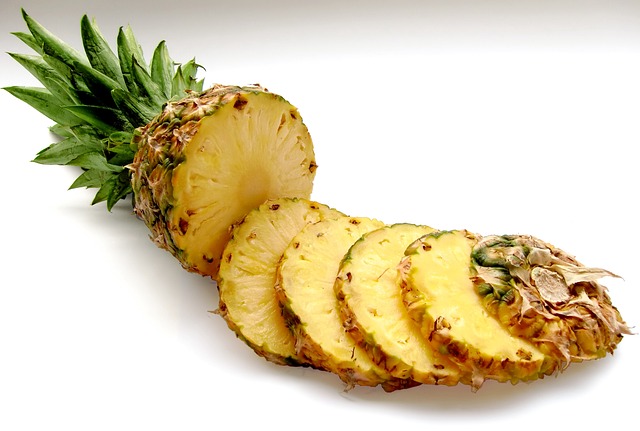Probiotics for Vegans: Finding Plant-Based Sources for Optimal Gut Health
Probiotics play a crucial role in maintaining a healthy gut, and for vegans, it’s essential to find plant-based sources of these beneficial bacteria. While many probiotic-rich foods are derived from animal products, several plant-based options can provide vegans with the necessary probiotics for optimal gut health. In this article, we will explore some of the best plant-based sources of probiotics that can support the well-being of vegans.
Sauerkraut
Sauerkraut, made from fermented cabbage, is a fantastic source of probiotics for both vegans and non-vegans alike. Fermentation enhances the nutritional content of cabbage and creates a rich source of live bacteria. Look for sauerkraut brands that use only plant-based ingredients and don’t contain any added animal-based products like whey or fish sauce. Adding sauerkraut to your meals can promote a healthy gut flora and improve digestion.
Miso
Miso is a traditional Japanese seasoning made from soybeans, rice, or barley. It is created by fermenting these ingredients with a fungus called koji. The fermentation process produces beneficial bacteria, including various strains of Lactobacillus. Incorporating miso into your diet through soups, dressings, or marinades can introduce probiotics that support digestion and boost the immune system.
Tempeh
Tempeh is a popular plant-based protein source made from fermented soybeans. During fermentation, tempeh gains probiotic qualities and becomes more digestible. This nutrient-dense food not only provides probiotics but also offers other essential nutrients like vitamins B12 and K, which are typically harder to obtain in vegan diets. By incorporating tempeh into your meals regularly, you can enhance your gut health while enjoying a versatile and delicious ingredient.
Kombucha
Kombucha is a fermented tea that has gained popularity for its rich probiotic content. This fizzy and tangy beverage is made by fermenting sweetened tea with a culture of bacteria and yeast known as SCOBY (Symbiotic Culture of Bacteria and Yeast). The fermentation process creates a wide range of probiotic strains, making kombucha a refreshing way to introduce beneficial bacteria into your gut. Many supermarkets and health food stores offer a variety of flavors, making it easy to find one that suits your taste.
Kimchi
Kimchi is a traditional Korean dish made from fermented vegetables, primarily cabbage and radishes. This popular side dish is known for its bold and spicy flavors. Kimchi is packed with probiotics, thanks to the fermentation process. It is also rich in vitamins A, B, and C, making it a nutritious addition to a vegan diet. Incorporating kimchi into your meals can not only enhance the diversity of your gut microbiota but also add a unique and vibrant taste to your dishes.
Plant-Based Yogurt
While most yogurts are dairy-based, there are now a variety of plant-based yogurt alternatives available. Look for brands that use probiotic cultures in their plant-based yogurts. These cultured vegan yogurts contain live and active bacteria strains like Lactobacillus acidophilus and Bifidobacterium bifidum, which promote gut health. Adding plant-based yogurt to your breakfast or enjoying it as a snack can provide you with probiotics while fitting into a vegan lifestyle.
When incorporating probiotics into your vegan diet, it’s essential to choose high-quality, organic products whenever possible. Additionally, keep in mind that the probiotic content of fermented foods can vary depending on the preparation process and storage conditions. To maximize the benefits, it’s recommended to consume a variety of probiotic-rich foods regularly.
Remember, while probiotics are beneficial for gut health, they are not a cure-all. It’s essential to maintain a well-balanced diet filled with fiber-rich fruits and vegetables, whole grains, and plenty of water to ensure optimal gut health. Always consult with a healthcare professional or a registered dietitian to determine the best plan for your individual needs.
In conclusion, the vegan diet doesn’t have to be lacking in probiotic-rich foods







